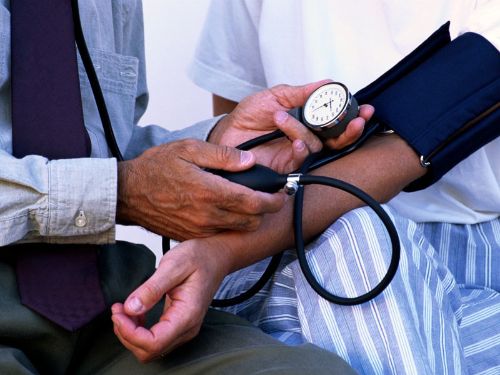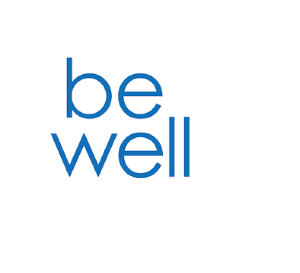Blood pressure is how hard your blood pushes against the walls of your arteries when your heart pumps blood. Arteries are the tubes that carry blood away from your heart. Every time your heart beats, it pumps blood through your arteries to the rest of your body.
High blood pressure means the pressure in your arteries is higher than it should be. Blood pressure normally rises and falls throughout the day, but can damage your heart and cause health problems if it stays high for too long. Hypertension is another name for high blood pressure.

High Blood Pressure is often called the “silent killer” because it has no warning signs or symptoms. Many people do not know they have it, so it is important to find out if you do. High blood pressure is very common. About 1 out of every 3 adults has it. The only way to know if you have high blood pressure is to have it tested.
The good news is that you can prevent high blood pressure, and if you already have it, you can take steps to control it.
Your doctor records your blood pressure as two numbers, such as 120/80, which you may hear them say as "120 over 80." Both numbers are important. The first number is the pressure as your heart beats and pushes blood through the blood vessels. Health care providers call this the "systolic" pressure. The second number is the pressure when the vessels relax between heartbeats. It's called the "diastolic" pressure.








